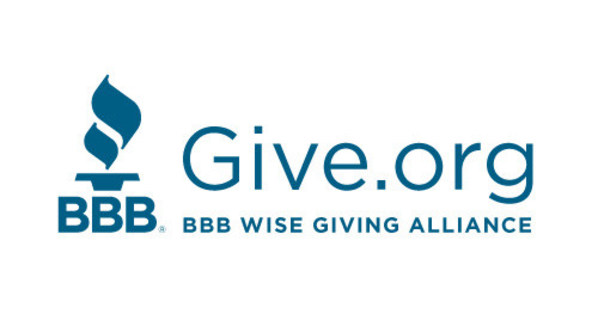On the day after people in 87 countries opened their wallets for GivingTuesday, data in a new report show that the percentage of survey respondents who answered “highly trusts” increased in 12 of 13 categories between December 2020 and December 2021.
The exception was environmental organizations, which dropped moderately (0.4%) and had the least portion of respondents (16.0%) expressing high trust, according to data in the new Better Business Bureau’s Wise Giving Alliance in the Give.org Donor Trust Report.
There is a challenge, however. During the five years of donor trust surveys the data consistently showed most participants expressed that it is essential to trust a charity before giving, but only between 17% and 20% (depending on the year) reported a high level of trust in charities.
The report includes a five-year review of public trust in the charitable sector, highlighting charity types that have experienced noteworthy shifts; a snapshot of perceived trust signals and giving preferences as reported by survey participants; and, a look at how participants who report being open to charity solicitation differ from the broader sample.
Respondents were asked to rate their trust on a scale of 1 to 10. If a participant rated their trust as a 9 or 10 on a 10-point scale, it would be considered “high trust,” according to Elvia Castro, associate director, Charity Evaluation at the BBB Wise Giving Alliance. This group is likely harder to sway than the average participant, she explained.
Among all respondents, 38% express being open to solicitation, with 17% saying they desire to be approached more by charities and 21% saying they might be willing to give more if approached. It is the highest openness to solicitation observed in the past five years, up 5.2 points between December 2017 and December 2021.
Respondents who said that they are open to solicitation are more likely to prefer donating to a charity serving the needs of their ethnic community. For example, among participants who would like charities to approach them more, 71.8% prefer donating to a charity serving the needs of their ethnic community. By comparison, among respondents who do not want to be approached by charities, 26.1% say the same.
When presented with scenarios that might deter participants from donating, 57.7% focus on a financial concern, including 32.8% saying they would be most discouraged when a high portion of every dollar is spent on fundraising and management. Another 24.9% responded they would be most discouraged when they are not sure what the charity will do with their donation.
Younger generations are more likely to say they will not donate if they are not sure what the charity will do with the money — 37.8% of GenZ, as compared to 15.2% of Matures. Older generations are more likely to be discouraged when a high portion of every dollar is spent on overhead (50.6% of matures, as compared to 26.0% of GenZ).
“With growing concern about how eroding trust might harm publicly soliciting charities, our survey found reasons for hope,” said H. Art Taylor, president and CEO of BBB’s Give.org, “The survey found higher trust for most charity categories, and the highest openness to solicitation we have observed in five years.”
The portion of respondents who rated the importance of trusting a charity prior to making a gift has decreased from 73% in December 2017 to 63% this past December.
When comparing charities to other types of institutions the charities were consistently favored, including against organized religion, banks, business, media, and government. For example, In December 2021, 77.1% trusted charities more than government and 67.5% trusted charities more than business.
Asked what most signals that a charity is trustworthy, the top factors in December 2021 were accomplishments shared by the organization; third-party evaluation by an independent organization; name recognition; financial ratios; and, passion and sincerity in the appeal. Top signals of trust been stable since December 2017, with the exception being 2020 when accomplishments shared by the organization temporarily dropped significantly.
Types of organizations included in the survey were animal welfare, arts and culture, civil rights and community action, education, environmental, health, international relief, not-for-profit organizations, police and firefighter, religious, social services, veterans, youth development.
The data are from a survey of more than 2,100 adults in the United States, with a separate section for more than 1,000 adults in Canada. Generational age ranges used in the Give.org Donor Trust Report: Generation Z (18-23), Millennial (24-39) Generation X (40-55) Boomers (56-74), Matures (75-92).
A copy of the report is available at Give.org/DonorTrust











